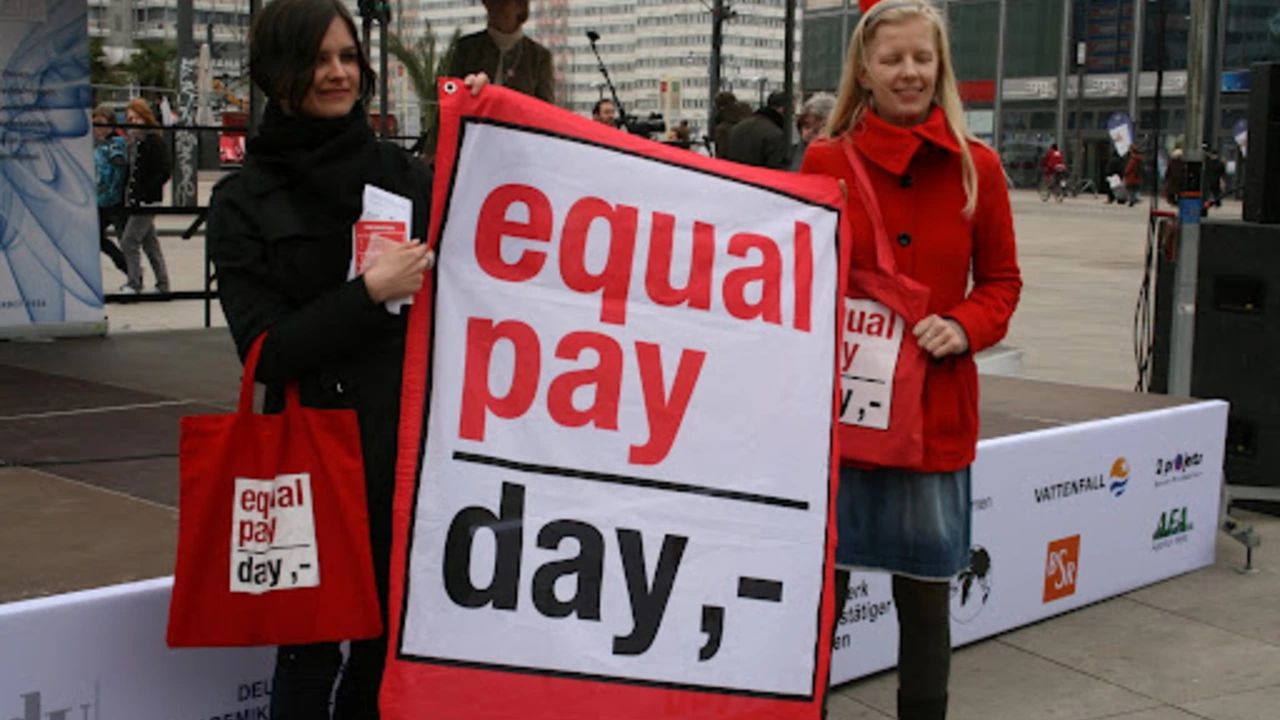Pay Demand in Football: How Salary Talks Shape the Game
Ever wondered why a star striker suddenly asks for a huge raise? It’s not just ego – the money side of football is a real negotiation game. Understanding the basics helps you follow transfer news without getting lost in the hype.
What drives a pay demand?
First off, performance matters. A player who scores 20 goals or keeps clean sheets every season can point to stats as proof they deserve more cash. Age also plays a role; a young talent with a high resale value often banks on future transfers to justify a big wage now. Then there’s the market: if rivals are splashing cash for similar talent, the player’s agent will use that as leverage. Club finances matter too – a team with a big TV deal can afford higher salaries than a lower‑league side.
How clubs respond to the request
Clubs don’t just say “yes” or “no.” They look at the whole contract package. Bonus clauses for goals, assists, or appearances can sweeten a deal without blowing the base salary. Release clauses let a player leave for a set fee, giving both sides a safety net. Some teams offer shorter deals with higher weekly pay, betting the player will stay if they feel valued.
Negotiations also involve timing. A demand made right before a season ends can push a club to settle quickly to avoid losing the player on a free transfer. Conversely, if the club is fighting relegation, they might hold firm, hoping the player will prioritize playing time over money.
Agents play a big part. They gather market data, compare salaries across leagues, and even use social media to put pressure on clubs. A well‑timed tweet about a player’s happiness can spark fan discussions that make the club think twice about denying a raise.
For fans, the key is to look past the headline numbers. A reported £100k per week might include performance bonuses, image rights, and tax considerations. The real take‑home could be lower, but the headline still serves the club’s PR strategy.
When a pay demand is accepted, it can set a precedent. Smaller clubs might feel forced to raise wages across the board, impacting their budget for transfers or youth development. Bigger clubs, however, can absorb the cost and still compete for top talent.
On the flip side, a rejected demand doesn’t always mean a player will leave. Some choose to stay, hoping next season’s performance will strengthen their case. Others might request a loan move where they can prove their worth and return with a stronger bargaining position.
Bottom line: pay demands are a mix of stats, market pressure, contract tricks, and timing. Knowing these pieces helps you read the news with a clearer eye and understand why a player’s salary can change overnight.

The demand for equal pay for women footballers is growing stronger each day, and for good reason. Many believe that the gender pay gap in sports is unjustified, given that female players work just as hard and are as committed as their male counterparts. They argue that it's not about the revenue generated, but about recognizing the talent, efforts, and dedication of these athletes. Others also highlight the importance of promoting gender equality in all sectors, including sports. In my opinion, it's about time we value and reward female footballers equally. (Read More)



